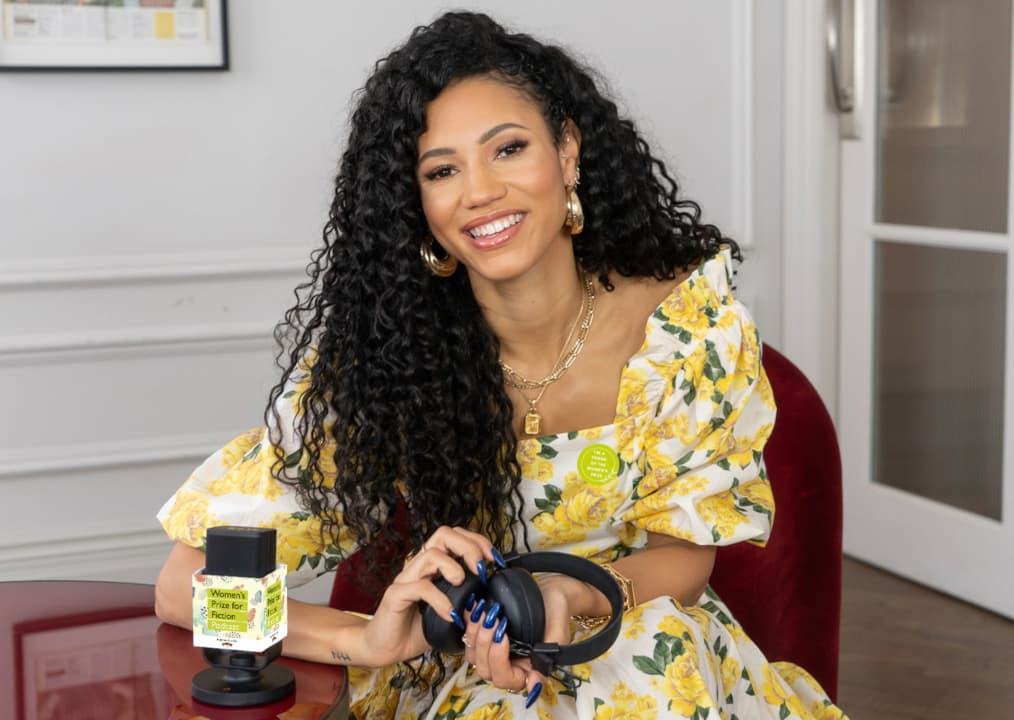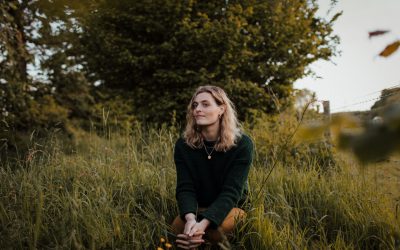
How to pitch your novel
Preparing to Pitch: The novelist salesperson “Can you summarise your novel in a sentence or two,” my marketer, Eloise asks,…

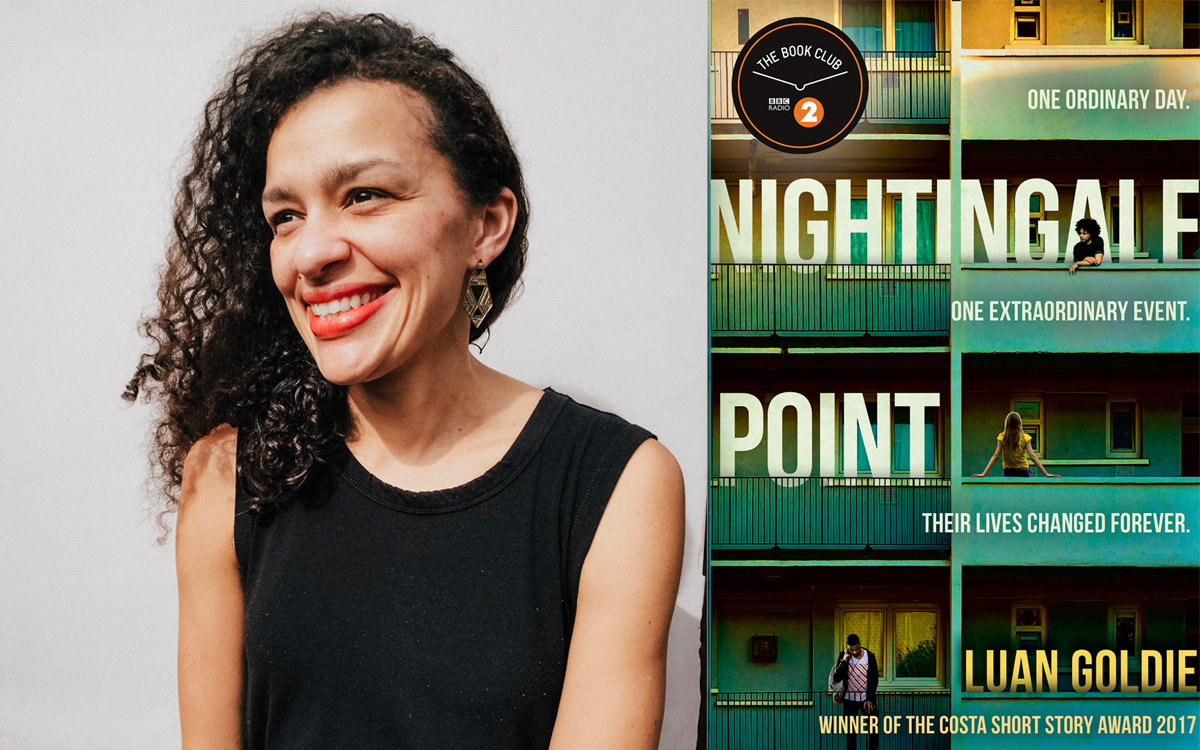
Luan Goldie was born in Glasgow but has lived in East London for most of her life. She is a primary school teacher, and formerly a business journalist. In 2012, she was shortlisted for the Women’s Prize x Grazia First Chapter competition, and she went on in 2018 to win the Costa short story prize for ‘Two Steak Bakes and Two Chelsea Buns’. Her debut novel Nightingale Point, published by HarperCollins in 2019, and was longlisted for the Women’s Prize for Fiction in 2020.
As the 2022 First Chapter competition is open for submissions, we caught up with Luan to discuss her writing journey and recent success.
What were the circumstances of you entering the First Chapter competition?
Back in 2012, I was teaching at a primary school in South London and writing on the side. I knew I was getting quite serious about writing because one of my short stories suddenly became very long! I think someone sent me a link to the First Chapter competition and when I read the opening lines by Kate Mosse that you had to continue, I knew it was about my character Jackie, a shoplifting young mum who smelt like a tart’s handbag. Jackie was completely compelling to write, but couldn’t hold a whole novel. But for a first chapter she was perfect. I worked on polishing the first chapter up for weeks; I was on an evening writing course at the time and each week I would bring it for workshopping.
Tell us about your experience of being shortlisted for the First Chapter competition?
I remember getting the email and feeling completely shocked. Sure, there was prize money and lots of lovely books but for me, just being shortlisted felt amazing. I found out a few days before my wedding, so it was already quite an overwhelming week. I remember when the PR was trying to arrange a courier to drop off the books shortlisted for the Prize and we had to rearrange because I was getting married and wouldn’t be home.
I used the prize money (£500) to pay for another term of evening classes, as I was doing the course at Central St Martins and while it’s amazing it’s very expensive.
What was the personal impact on you as a writer?
The confidence boost was huge. But the biggest thing was that I was suddenly a real writer. The stories were put online and I remember sharing it on Facebook and it was like outing some big secret: ‘Hey, I’m a writer and you can read it here!’ It was the first time most of my friends knew I was doing this, so that was strange.
Were there any practical benefits brought about by being shortlisted for the competition?
Straight after being shortlisted, I knew I had no excuse, I knew I could write. So I buckled down and got my novel finished. Then, I spent months researching how to approach agents. Then, I spent months approaching agents. Then, I spent months waiting for agents to get back to me. I had no clue how slow and difficult the process would be.
I admit it now, I thought I was on my way back then. It doesn’t get much bigger than being affiliated with the Women’s Prize, but no agents wanted my novel. So I went off to cry for a bit, then back to writing another novel in the evenings and weekends. This novel, based on what happens to a group of people who survive a tragedy in a London tower block, became Nightingale Point.
Several agents were interested in the novel and I signed with the one I felt was the most passionate about it. It went out on submission to publishers and really quickly had lots of interest. I did a few rewrites and edits for two major publishers who wanted it, but then both deals came to nothing. It was devastating. Then when the Grenfell Tower disaster happened I decided to shelf the project, for obvious reasons, and start on yet another novel.
As you reflect on your win eight years on, what does winning the competition mean to you now?
All these years on from being shortlisted, it’s still great kudos. It’s part of my (very short) writing bio which now appears on my debut novel and in programmes for festivals I do. I’m so proud of it.
What is your key tip for other women considering entering the 2022 competition?
Don’t try to mimic the First Chapter writer who writes the opening lines. It’s easy to do but don’t! Kate Mosse was the writer in my year of the competition, and at the time I had never read any of her work and wasn’t familiar with her style. But I can imagine if it had been someone I’d read a lot of I would have just started imitating them. As writers, our voices are so important. I know I’ll never be able to write like Kate Mosse and that’s alright!
As a reader, do you follow the Women’s Prize for Fiction?
Each year I look forward to the list and the events. Being in London I’m lucky that I can get out to these events. They never cost that much to attend and it’s always nice to hear authors talk and meet other bookish people. Usually a couple of drinks, too. The choices of books are so mixed as well, really something for all tastes. Also, for readers it’s nice to have a list of books that are just brilliant, rather than a list of books with the biggest marketing budgets.
The Prize makes me pick up books I wouldn’t usually. I have to bring up Jesmyn Ward; she’s an absolutely amazing writer who, while really successful in the US, wasn’t on my radar until she was longlisted. She’s now one of my top 5 writers. I read Sing, Unburied, Sing then went back through the others on the list.
We still need this Prize. We all know a woman isn’t going to be walking off with the Booker 50% of the time so it’s essential we keep prizes like this.
What book by a female author would you like to recommend to readers?
Obviously Jesmyn Ward’s Sing, Unburied, Sing, but also this year I loved Ayisha Malik’s This Green and Pleasant Land, because of its humour and warmth. Expectation by Anna Hope I’m recommending to lots of women because it made me kind of furious at times and I love the conversations women are having about it.
Nightingale Point by Luan Goldie, published by HarperCollins, is out now. Diana Evans, bestselling author of Ordinary People, and writer of the opening lines in the 2020 First Chapter competition, called Luan ‘a sharp, funny, wonderful writer’.
Find out more about entering the First Chapter competition here ≥

Preparing to Pitch: The novelist salesperson “Can you summarise your novel in a sentence or two,” my marketer, Eloise asks,…

Jacqueline Crooks’ debut novel Fire Rush was shortlisted for the Women’s Prize for Fiction and has been described by the…
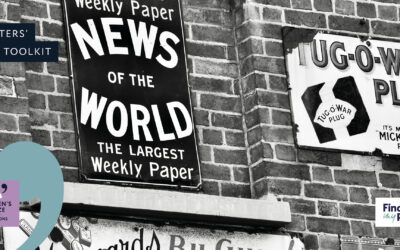
Whatever your chosen non-fiction subject, the newspaper collection hosted by Findmypast, the inaugural sponsor of the Women’s Prize for Non-Fiction,…
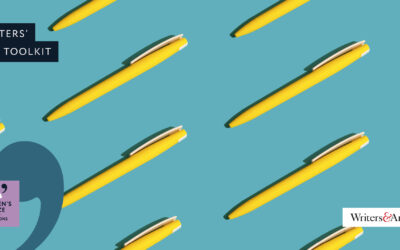
When we’re in the middle of a project, it can be easy to forget the initial slog and the moment…
Tune into host Vick Hope and a line-up of incredible guests on our weekly podcast full of unmissable book recommendations.
